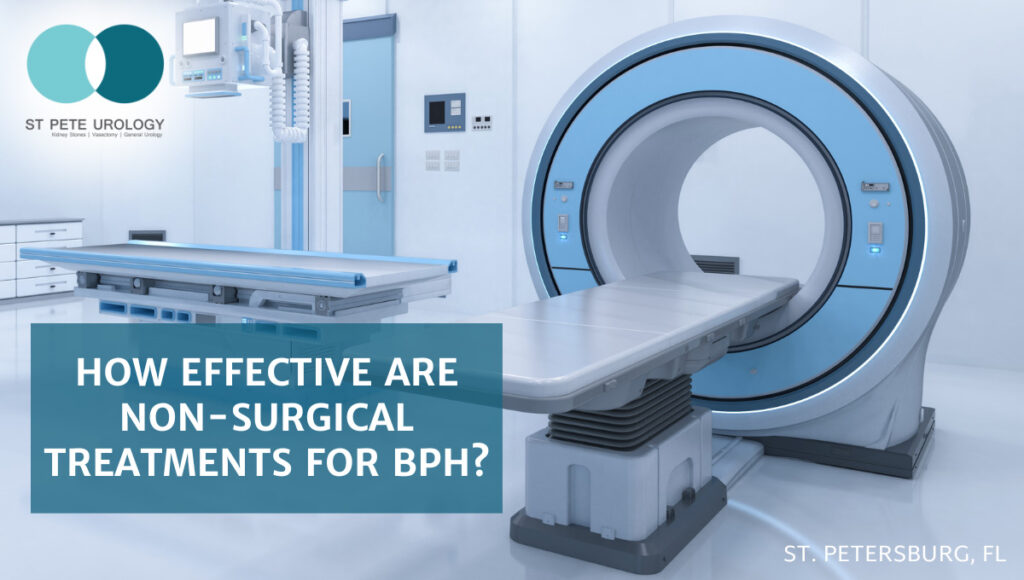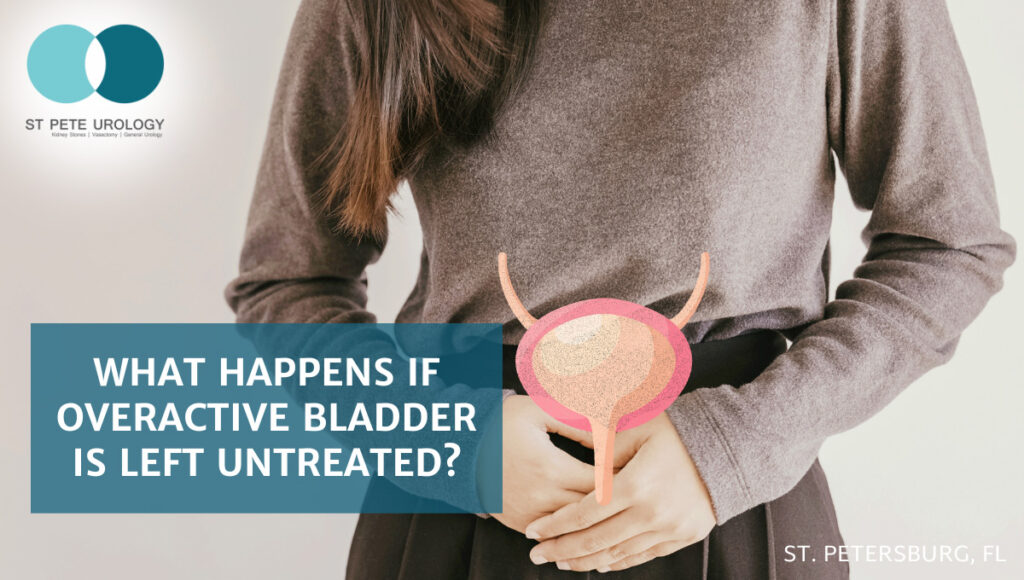The United States has been experiencing a rise in the number of people with kidney stones over the last 30 years. While less than 4 percent of the population had the disease in the late 1970s, the portion of the population with the disease increased to over 5 percent by the early 1990s, and today 1 in 11 Americans has kidney stones. The stones occur more frequently in men than women, with Caucasians being more prone to developing the stones than African Americans.
The prevalence of the stones increases dramatically as men reach their 40s and continues to increase into their 70s. But for women, the occurrence of the stones peaks in their 50s. After a person gets more than one stone, the chance of other stones developing increases radically.
What causes kidney stones?
The major cause of kidney stones is a lack of fluids in the body, which allows minerals and salts to concentrate and crystallize over weeks or months to form the stones. Most often, the stones result from a build-up of certain chemicals in the body, such as ammonia, calcium, uric acid or cysteine. You are more likely to have kidney stones if you do not drink enough fluids.
It is also believed that high-oxalate foods such as spinach, peanuts, sweet potatoes, chocolate, okra, black Indian tea, wheat germ, beets and rhubarb, may increase the risk of developing kidney stones. In the South, often referred to as the stone belt, people tend to be dehydrated in the summer and drink a lot of tea, increasing the chances of developing stones.
You are also more likely to have kidney stones if you:
- Are between 30-50 years old
- Have a family history of kidney stones
- Have hypercalciuria (unusually high amounts of calcium in urine).
- Are taking certain medicines, such as diuretics (like triamterene) or protease inhibitors (like indinavir)
- Are taking too much antacids, calcium, vitamin C or vitamin D supplements.
- Have metabolic syndrome (a combination of many heart disease risk factors like high blood pressure, high sugar, unhealthy cholesterol levels and obesity)
- Have a condition such as hyperthyroidism, gout or high blood pressure
- Have cystitis
- Have a condition that affects the structure or shape of your ureters or kidneys
Even though small kidney stones are often asymptomatic and may pass with little or no pain, large stones that block the urine’s path may cause severe symptoms. These could include sharp pain in the lower back or abdomen, painful urination, fever and chills, nausea and vomiting, blood in urine, and abnormally colored urine. It is important to visit your urologist if you experience such symptoms. The urologist will order blood and urine tests and imaging, and recommend appropriate treatment.
At St Pete Urology in St. Petersburg, we use minimally-invasive techniques and have a wide array of treatment options for kidney stones. If you think you may have kidney stones or have questions about the condition, visit the St Pete Urology website.




